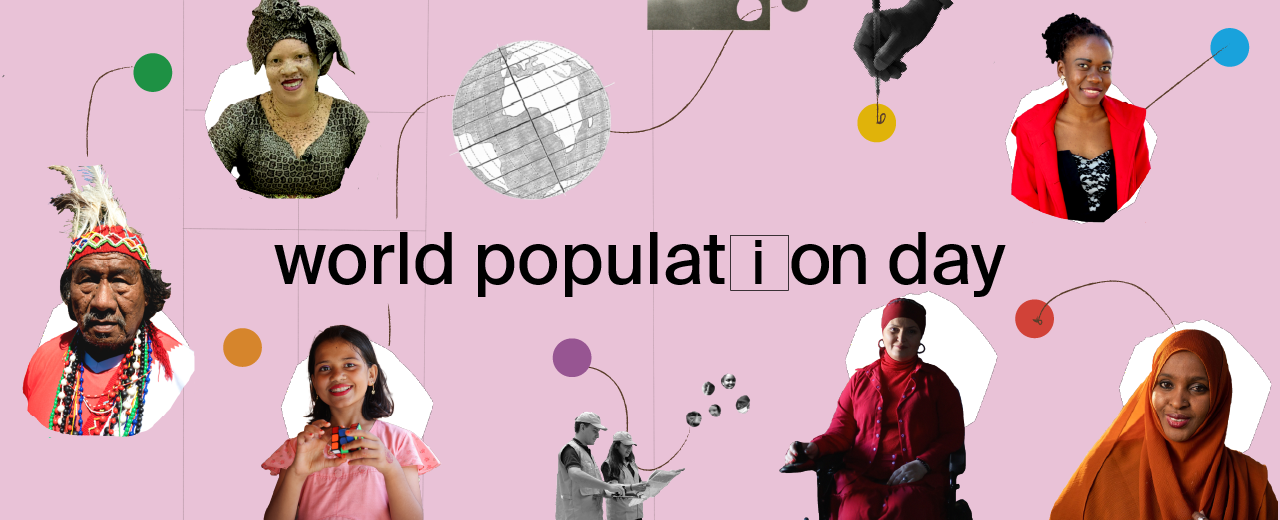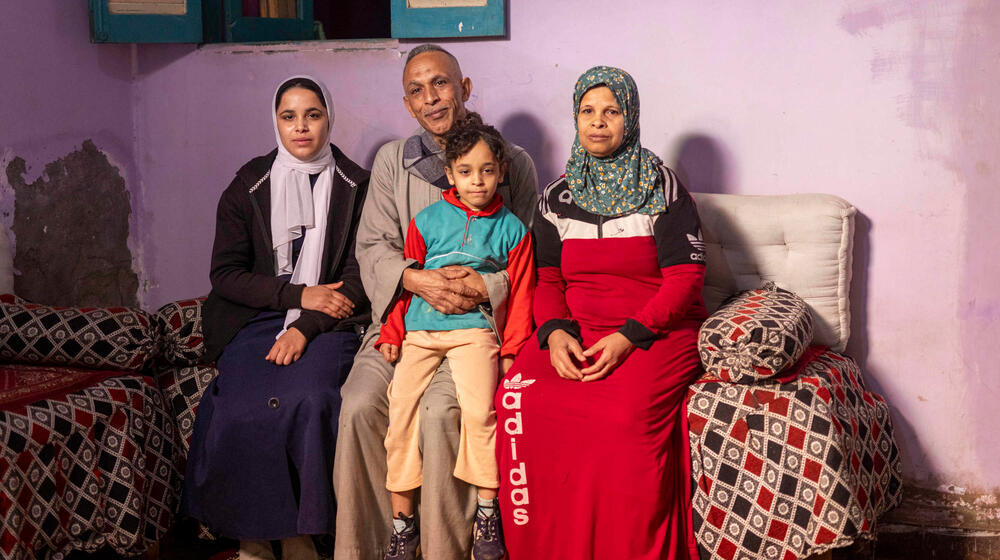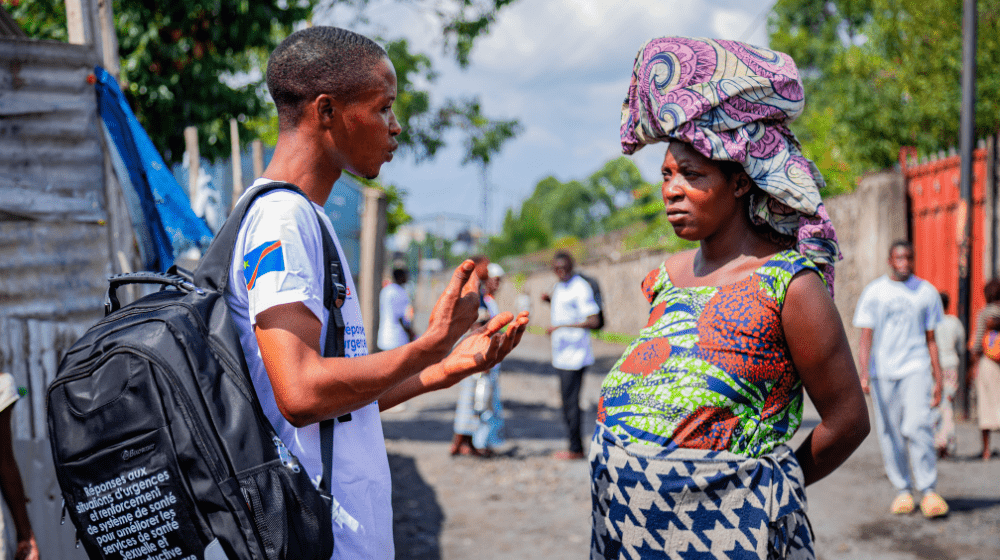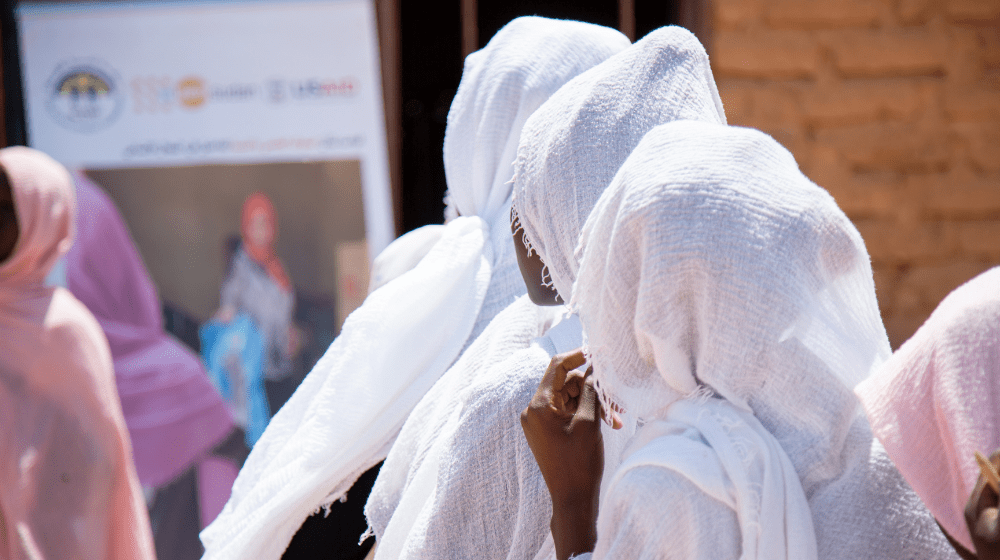“For humanity to progress, people must be counted, wherever they are and whoever they are – in all their diversity,” Dr. Natalia Kanem, Executive Director of UNFPA, has said. “To end inequality, to find and grow peace and prosperity, to weave more threads of hope, the world needs to do more for inclusion.”
To that end, as we mark World Population Day this year, the importance of collecting inclusive data – counting everyone, everywhere, as they are – takes the spotlight.
An often unrecognized hero, reliable data have helped drive global advancements in women’s access to reproductive care, reductions in maternal death and improvements in gender equality.
But there is much to be done.
Thirty years ago, at the landmark International Conference on Population and Development, world leaders called for reliable, timely, culturally relevant data, broken down by gender, ethnicity and other factors. While data collection and analysis tools have vastly improved since then, these changes have also exposed significant information gaps and potential risks, including the misrepresentation or misuse of data. So we have not yet delivered on that call to action.
In an increasingly unpredictable world – with rapid population growth in some places, rapid ageing in others, and climate change, conflict and crises everywhere – reliable population data are more important than ever, and must be used to reach and respond to the needs of those who have been left behind.
Too many people, communities and needs are going uncounted and unaccounted for. Indeed, research in UNFPA’s flagship State of World Population report shows that the world’s most marginalized communities have been largely excluded from progress. Why? Because we are not prioritizing investments in population data systems, or making data collection safe for all people, or working with marginalized communities to ensure they are represented.
New and innovative data tools can bring invisible issues to light and illustrate the full picture of people’s experiences. But these applications must be carefully managed: Biases and risks to privacy remain unresolved concerns around technology such as artificial intelligence, or AI. As the world moves into a new era of data collection, societies must work to ensure that processes respect people’s rights and protect their information, while gathering data that capture multifaceted experiences. Countries and societies must champion data collection that counts people as they are, in all their complexity.
To be sure, data alone cannot tell the whole story. Too often, data reduce people to simple statistics – reinforcing stereotypes, biases and stigma. Combating prejudice and inequality requires updating our data-collection processes to be inclusive, equitable and transparent. Individuals are experts in their own experiences. Empowering people, especially those left behind, to share their full stories and selves in data collection is key to a more resilient and equitable future for all.
“To realize the rights and choices of those pushed to the margins of our societies, we have to count them – because everyone counts,” Dr. Kanem has said. “Our rich human tapestry is only as strong as the weakest thread. When data and other systems work for those on the margins, they work for everyone. This is how we accelerate progress for all."





